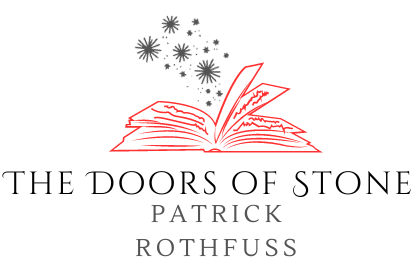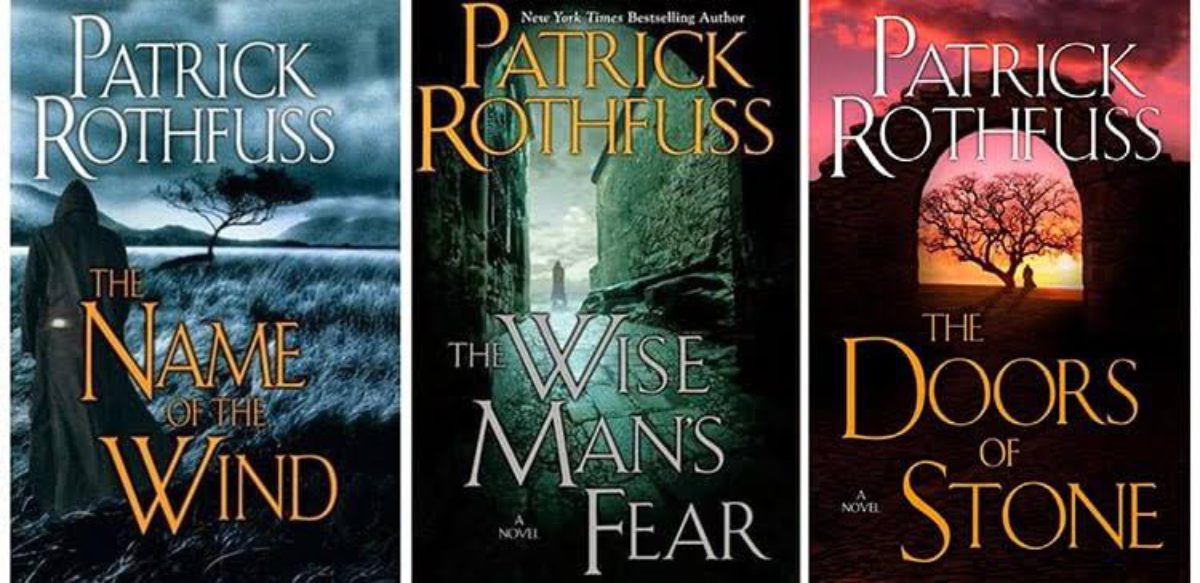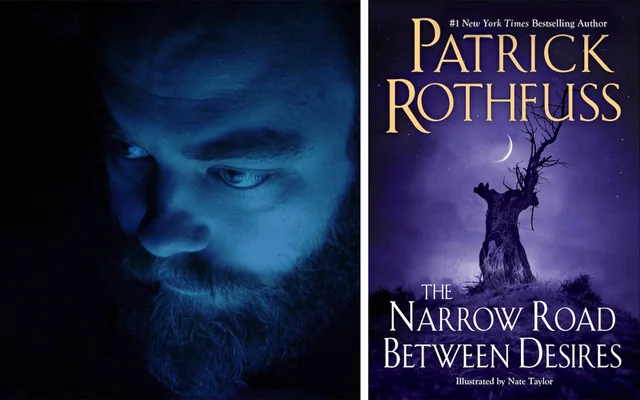The world of fantasy literature has always been a realm of wonder, where imagination knows no bounds. In recent times, few authors have captivated readers with their storytelling prowess as Patrick Rothfuss has. With his books “The Name of the Wind” and “The Wise Man’s Fear,” Rothfuss has woven a spellbinding narrative that has left an indelible mark on the genre.
Contents
- 1 A Brief Overview of “The Name of the Wind”
- 2 The Literary Magic of Patrick Rothfuss
- 3 “The Wise Man’s Fear”: A Continuation of Brilliance
- 4 The Impact of Character Development
- 5 World-Building and Descriptive Excellence
- 6 Rothfuss’ Unique Writing Style
- 7 The Emotional Journey of Readers
- 8 Exploring Themes and Motifs
- 9 The Influence on Contemporary Fantasy
- 10 Author’s Legacy
- 11 Fan Community and Fan Theories
- 12 Adaptations and Future Prospects
- 13 Conclusion
- 14 Unique FAQs
A Brief Overview of “The Name of the Wind”
In “The Name of the Wind,” we are introduced to Kvothe, a gifted young musician and magician. Rothfuss’ ability to create a compelling protagonist is the cornerstone of his success. Kvothe’s journey, filled with hardship, discovery, and self-realization, has resonated with readers of all ages. The book explores the themes of destiny, power, and the pursuit of knowledge with finesse.

The Literary Magic of Patrick Rothfuss
Rothfuss possesses a literary magic of his own. His prose flows like poetry, and his words paint vivid pictures. The narrative is woven intricately, making readers feel as though they are part of Kvothe’s adventures. This ability to transport readers to a different world is one of the reasons why his books are so impactful.
“The Wise Man’s Fear”: A Continuation of Brilliance
The sequel, “The Wise Man’s Fear,” continues Kvothe’s story as he delves deeper into the mysteries of the world. Rothfuss doesn’t just maintain the high standard set by the first book; he elevates it. The depth of character development and world-building in the second book is nothing short of extraordinary.
The Impact of Character Development
One of the standout aspects of Rothfuss’ work is his character development. Kvothe’s growth from an orphaned child to a legendary figure is a testament to Rothfuss’ storytelling abilities. Readers are emotionally invested in Kvothe’s journey, which is marked by both triumphs and tragedies.
World-Building and Descriptive Excellence
The richness of Rothfuss’ world-building is awe-inspiring. From the University to the lush forests and dangerous Fae realm, every setting is vividly described. This attention to detail immerses readers in a world where magic and reality coexist seamlessly.
Rothfuss’ Unique Writing Style
Rothfuss’ writing style is unique in the fantasy genre. It’s both lyrical and accessible. He balances intricate world-building with a straightforward narrative, making it a delightful read for both casual readers and fantasy aficionados.
The Emotional Journey of Readers
Rothfuss masterfully guides readers through an emotional rollercoaster. The highs and lows experienced by Kvothe resonate with readers on a deeply personal level, creating an intimate connection between the text and the audience.
Exploring Themes and Motifs
“The Name of the Wind” and “The Wise Man’s Fear” explore timeless themes such as love, loss, ambition, and the relentless pursuit of knowledge. Rothfuss’ treatment of these themes adds depth to the narrative.
The Influence on Contemporary Fantasy
Rothfuss’ work has had a significant impact on contemporary fantasy literature. Many authors have drawn inspiration from his storytelling techniques, breathing new life into the genre.
Author’s Legacy
Patrick Rothfuss has not only created an enthralling world but has also left an indelible mark on the hearts of his readers. His legacy in the world of literature is already secured.
Fan Community and Fan Theories
The fan community around Rothfuss’ books is vibrant and dedicated. Fans have generated numerous theories and discussions, adding a new layer of engagement to the reading experience.
Adaptations and Future Prospects
With a television adaptation in the works, the world of Kvothe is set to reach an even wider audience. The future holds exciting prospects for fans of the series.
Conclusion
In the realm of fantasy literature, “The Name of the Wind” and “The Wise Man’s Fear” by Patrick Rothfuss are literary gems that continue to enchant and inspire readers. The power of storytelling, the brilliance of character development, and the richness of world-building in these books have left an indelible mark on the genre. Rothfuss’ legacy is secure, and the fan community continues to thrive.
Unique FAQs
1. What makes Patrick Rothfuss’ writing style unique? Rothfuss’ writing style is a blend of lyrical prose and accessible storytelling, making it engaging for a wide range of readers.
2. Are there any planned adaptations for these books? Yes, there is a television adaptation in the works, which promises to bring Kvothe’s world to a broader audience.
3. How have Rothfuss’ books influenced contemporary fantasy literature? Rothfuss’ storytelling techniques have inspired many contemporary authors to explore similar narrative depths and character development.
4. What are some of the recurring motifs in “The Name of the Wind” and “The Wise Man’s Fear”? Themes of love, loss, ambition, and the pursuit of knowledge are explored in these books.
5. What is the significance of the fan community surrounding these books? The fan community is known for generating fan theories and engaging in discussions that add depth to the reading experience.

![[Release Date Confirmed] The Doors of Stone : A Highly Anticipated Release The-Doors-Of-Stone-Feature-Image-1](https://thedoorsofstone.online/wp-content/uploads/2023/10/The-Doors-Of-Stone-Feature-Image-1.webp)



